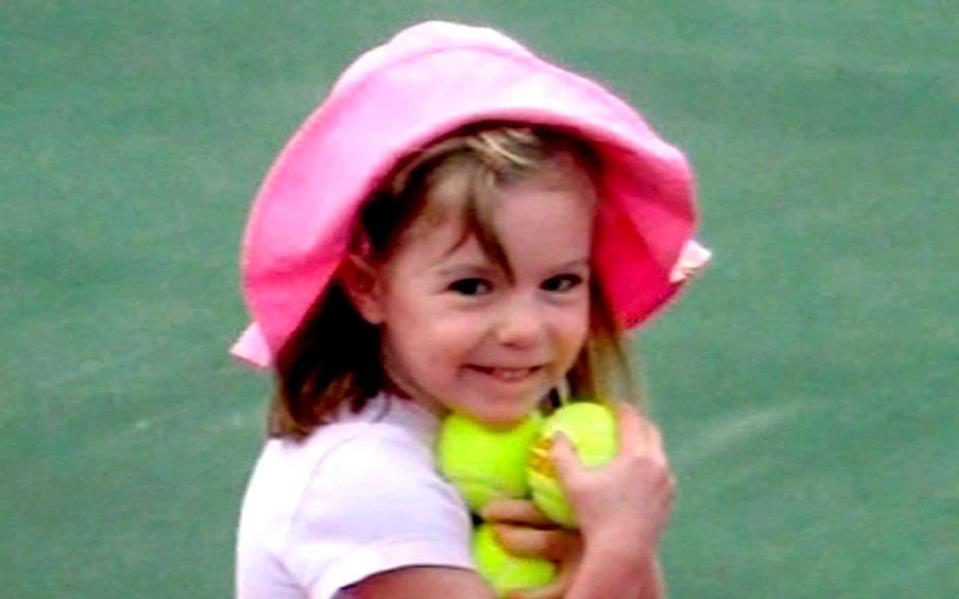Facebook could be used to find Madeleine McCann, expert says

If Madeleine McCann is still alive she might be able to be tracked down on social media using scanning technology, a former detective has said.
Facebook's facial recognition tools could be used to look for images of Madeleine that may have emerged since her disappearance 10 years ago, said Mick Neville, a retired detective chief inspector and former forensics expert.
The social network already uses image identifying tools to create a model of people's identifying characteristics so that it can recognise faces even if they are not tagged. Its uses include making suggestions for who might appear in a picture.
Neville believes if, as one theory about Madeleine's disappearance suggests, she was abducted by traffickers and sold to a childless couple, it is highly likely she will have a social media presence, such as a Facebook profile or Snapchat account.
Search for Madeleine McCann in pictures
He said Facebook could use its technology to help ascertain this by scanning pictures on its network for people that may be her.
Neville, who founded the Met's Central Forensic Image Team in 2012, used image recognition software to convict a burglar last year in a law enforcement first.
"There are still opportunities to find out what happened to Madeleine McCann through the use of images," Neville told the Sun.
"If she was still alive - and there is no proof she is not - then by using a combined tactic of technology and people with advanced facial recognition skills you could potentially find where Madeleine is today."
Although she would now be nearly 14 years old, and the last pictures of her were taken aged three, Madeleine had a unique blemish in her right eye that could help identify images, according to Neville. The mark is caused by a problem that affects seven people out of every million.

"If an image search was carried out for females in an age range of three to 15 with this eye marking then you may only have a few hundred in the UK and tens of thousands worldwide," said Neville. "It would be an easily manageable number to scan through."
He added that the technology could be used to narrow down a selection of images that trained humans could then analyse.
The search needn't be limited to Facebook, but could be extended to include images posted on other social networks, those that surface in law enforcement databases of abused children, and CCTV footage.
"With the right software tool, these systems could be searched for an image of Madeleine, focusing on her distinctive eye mark," said Neville.
Met police this week announced they are following a "critical" lead that is of "great interest".
Separately, police said they will use face recognition software to scan everyone who visits Cardiff for the UEFA Champions League final on June 3 to look for persons of interest. The trial is expected to scan 170,000 visitors and compare them with a database of 500,000 people of interest.
Disappearance of Madeleine McCann
RegisterLog incommenting policy

 Yahoo Finance
Yahoo Finance 